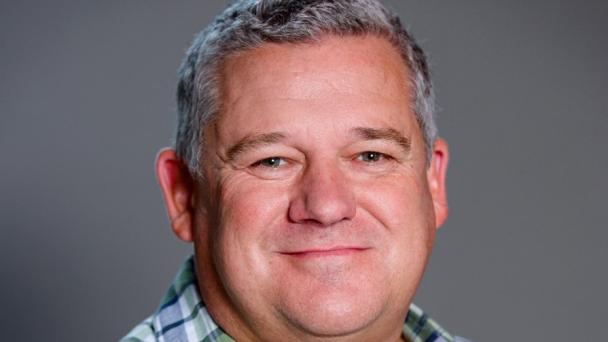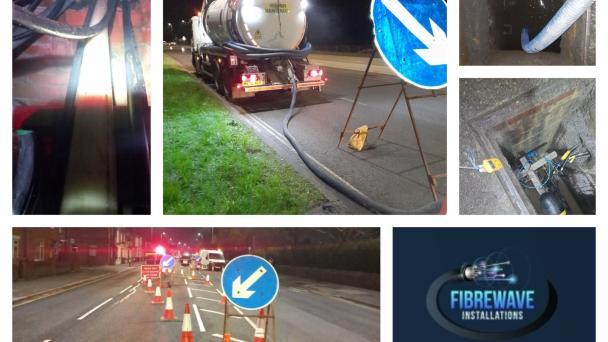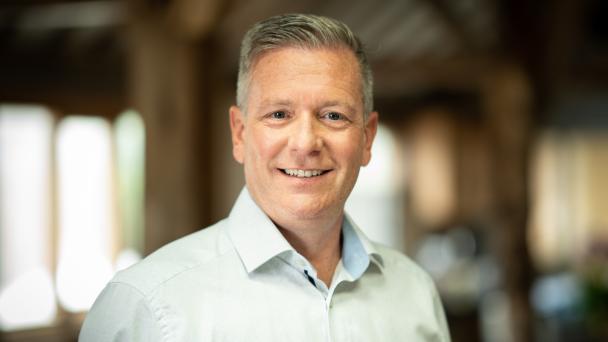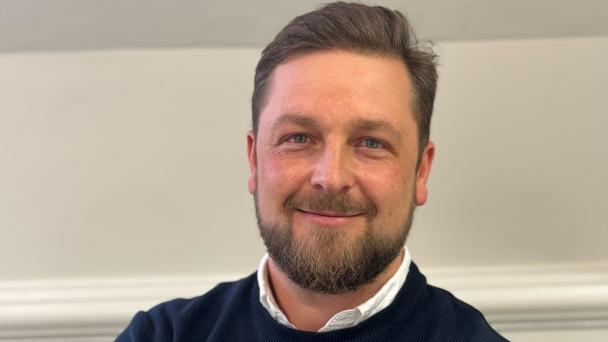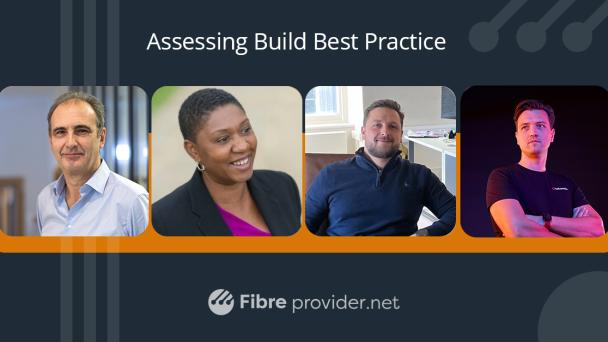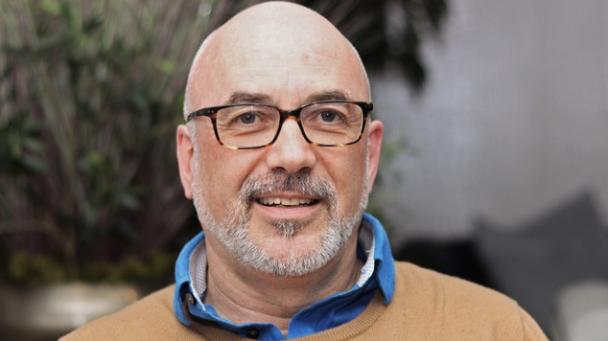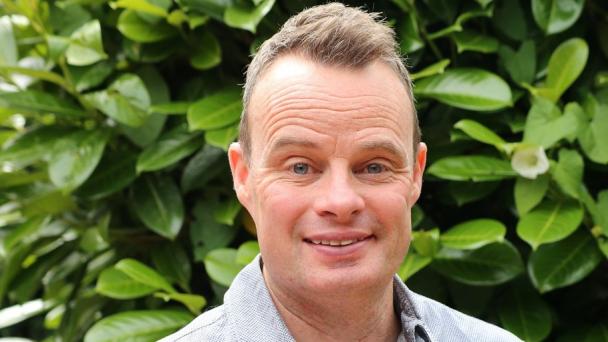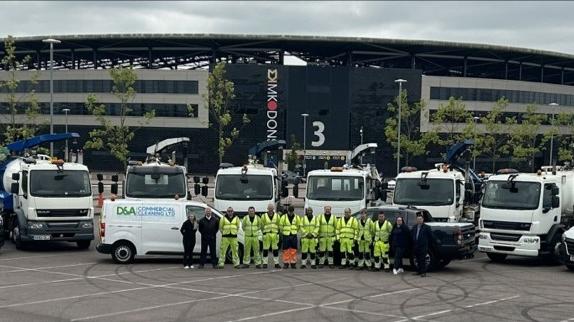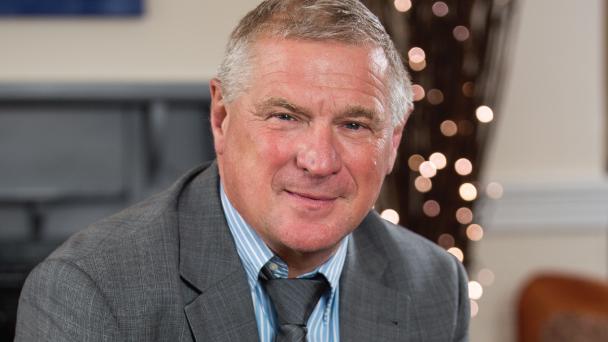Xantaro was established in Germany 20 years ago and entered the UK market five years after launch on a mission to help altnets and major carriers to understand the capabilities of their networks and reach their full potential. Today, the company employs more than 170 staff, over 70 of whom are certified network experts supporting more than 300 enterprise and channel customers, between them holding more than 700 certifications.
Interviews
D&A Commercial Cleaning has been collaborating with Fibrewave to ensure the company’s infrastructure rollout continues at pace.
Trenches Law’s long-term priority is to ensure that the 25% of residential properties that require a wayleave aren’t left behind as the UK’s full fibre build progresses in a cost-squeezed environment.
Fostering a diverse and inclusive workplace is no longer optional — it’s vital for business success. Not only does it enhance a company’s reputation, but it's also proven to increase profits and drive innovation.
Brsk aims to disrupt and gain market share in 2024, driving uptake alongside its steady build to establish itself as a ‘David’ to the ‘Goliath brands’ in the industry.
Positive community interaction during the build phase is proving to be a critical factor in fibre take-up as networks go live and stakeholders demand connections.
Having built its reputation as a billing provider for the telecoms industry, PRD Technologies has begun expanding into other sectors, and fibre remains firmly in its sights.
Buoyed by a debt facility of up to £1.5bn secured in December 2023 Abingdon-based Gigaclear is set to reach two major milestones in Q1 2024 – hitting its target of 500,000 properties ready for service, and securing 100,000 customers connected to its network.
D&A Commercial Cleaning has established itself as a respected player within the Telecommunications & fibre industry, providing specialist desilting and tree-cutting services to over 120 altnets since launching in June 2020.
Nearly two weeks after Freedom Fibre’s merger with VX UK, CEO Neil McArthur talked to Fibre Provider regarding his strategy for the expanded altnet.
Pagination
- Page 1
- Next page

